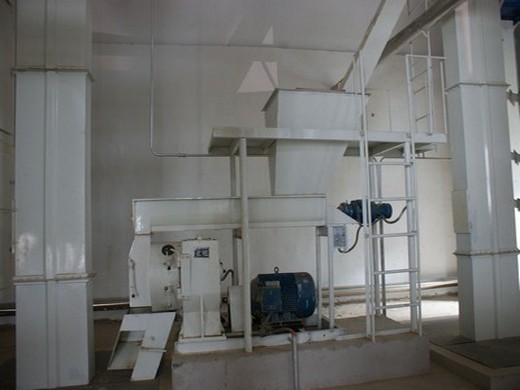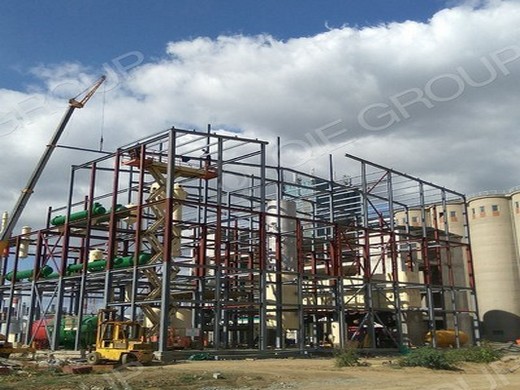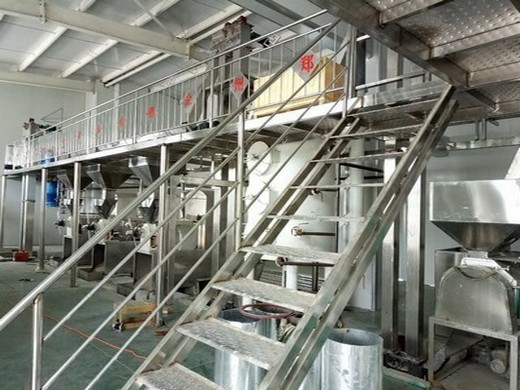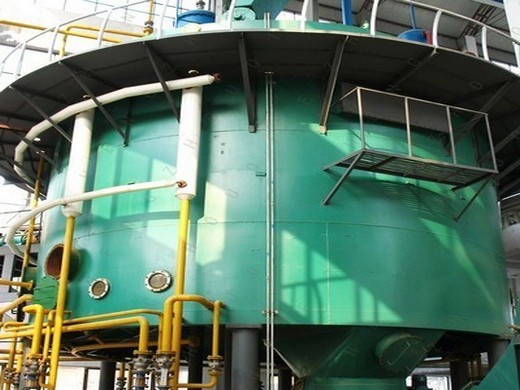Castor Production in Brazil CastorOil
Castor Production in Brazil. Posted on January 23, 2015 by admin. Some key factoids on castor crop production in Brazil: The castor-oil plant is an ideal crop for the extensive semi-arid region of northeast Brazil. It holds some four million hectares of appropriate land that could yield up to 6 million tons of seeds per year. Brazil was a global leader in castor cultivation decades back. But
The lack of production costs management in the properties is another factor that contributes negatively to the production competitiveness of the castor oils plant in Brazil. Generally, the farmer does not have access to technical information about growing the castor oil plant. The family agriculture is strongly influenced by cultural factors and heritage. This results in path dependence and
Castor Oil Companies at the forefront
Extraction,marketing, distribution and processing of vegetable oils . Castor oil, Castor Oil Extra Pale, Resinol Exp PU 160, Castor Oil Dehydrated GH, 12 Hydroxy Stearic Acid, Polymerized Ricinoleic Acid, Methyl Ester 12, Hydrogenated Castor Oil, Hydrogenated Castor Oil 80 MP, Hydrogenated Castor Oil Micronized, Castor Oil Sulfuricinado
Castor oil has a worldwide demand that is rising 3 to 5 percent per annum. The world production of castor oil seeds is concentrated in a few countries. Consequently, there are only a few large exporters of castor oil fulfilling a significant portion of world demand.
Castor Oil Market Size, Share, Price Trends and Forecast
Castor oil, produced from castor beans, is a multi-purpose vegetable oil sourced from castor beans which are primarily found in the tropical areas of Africa and Asia. It is an active ingredient with pale yellow, translucent texture and a mild odour. Castor oil has antimicrobial, anti-inflammatory and moisturising properties and thus, it is considered safe for skin and hair. Owing to this
Castor oil, produced from castor beans, is a multi-purpose vegetable oil sourced from castor beans which are primarily found in the tropical areas of Africa and Asia. It is an active ingredient with pale yellow, translucent texture and a mild odour. Castor oil has antimicrobial, anti-inflammatory and moisturising properties and thus, it is considered safe for skin and hair. Owing to this
Castor oil
Castor oil is a vegetable oil pressed from castor beans. The name probably comes from its use as a replacement for castoreum. Castor oil is a colourless to very pale yellow liquid with a distinct taste and odor. Its boiling point is 313 °C (595 °F) and its density is 961 kg/m 3.
This small castor seed oil production line adopts mechanical oil pressing technology (screw pressing). It connects a series of processing equipment to realize continuous oil extraction which can largely saving labor cost in production. It can process a wide range of oil seeds including castor seeds, sunflower seeds, peanuts, cotton seeds
Establishing a Castor Oil Extraction Plant in South Africa
Castor oil is preferred to other types of mineral oils because it is a renewable, eco-friendly, and biodegradable energy resource. Unless exposed to very high temperatures, castor oil is not prone to oxidation compared to other types of oils. The local demand for castor oil in South Africa has significantly increased. Therefore, it is necessary to establish an industrial scale production plant
India is the largest exporter of castor oil and exported 3.45 lakh mt in the year 2009-10. Exports and imports. Other major exporters of castor oil include US, EU-27 and Brazil. China is the




